Biosorption could help in the recycling and reuse of rare earth elements.


Biosorption could help in the recycling and reuse of rare earth elements.
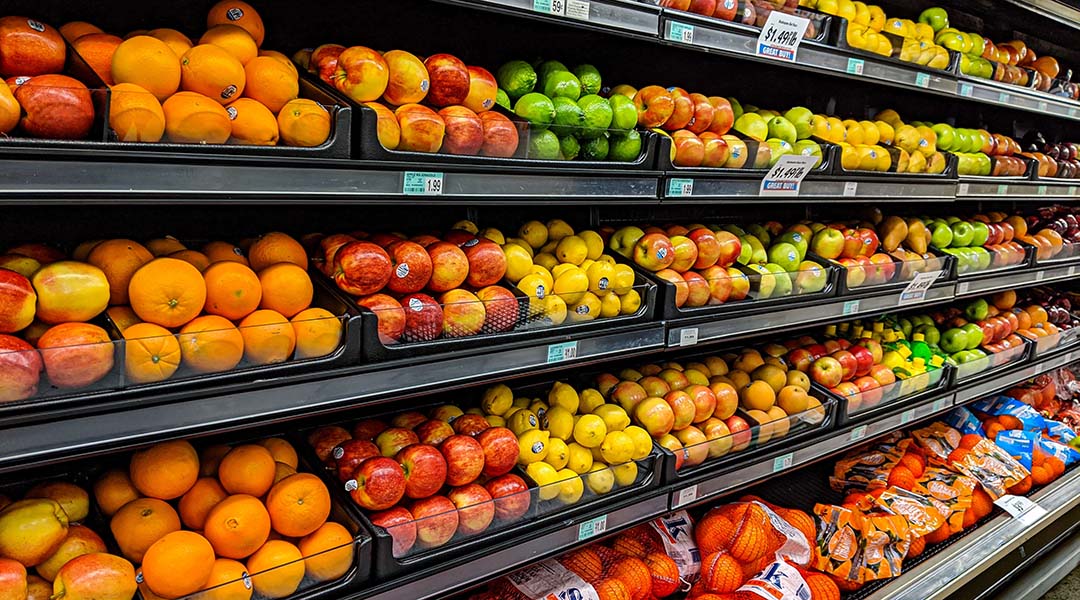
A recent study ranks popular diets and finds that keto and paleo have four times the carbon footprint of vegan while also being less healthy.
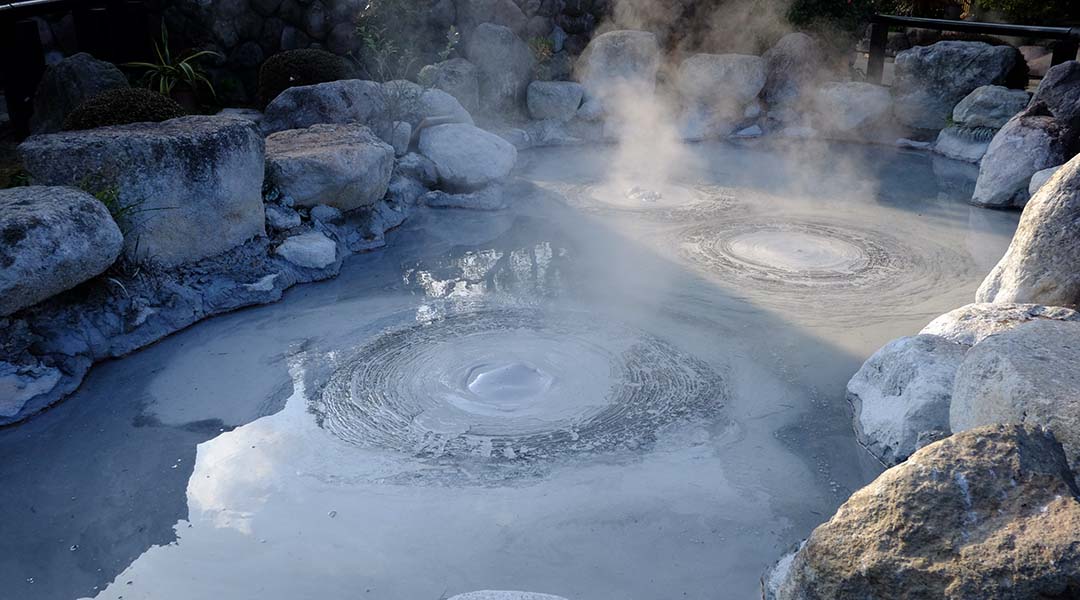
Recent discoveries have unearthed a bonanza of natural hydrogen in significantly larger quantities than was previously thought possible.
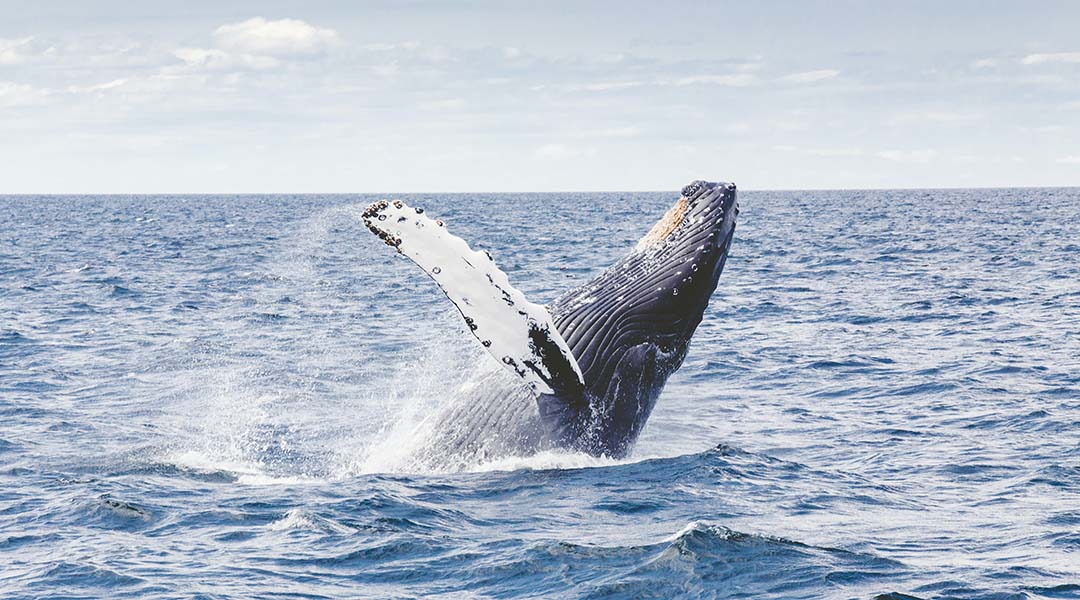
As humpback whale populations increase, two decades worth of data finds they are shifting from singing to fighting as their preferred mating strategy.
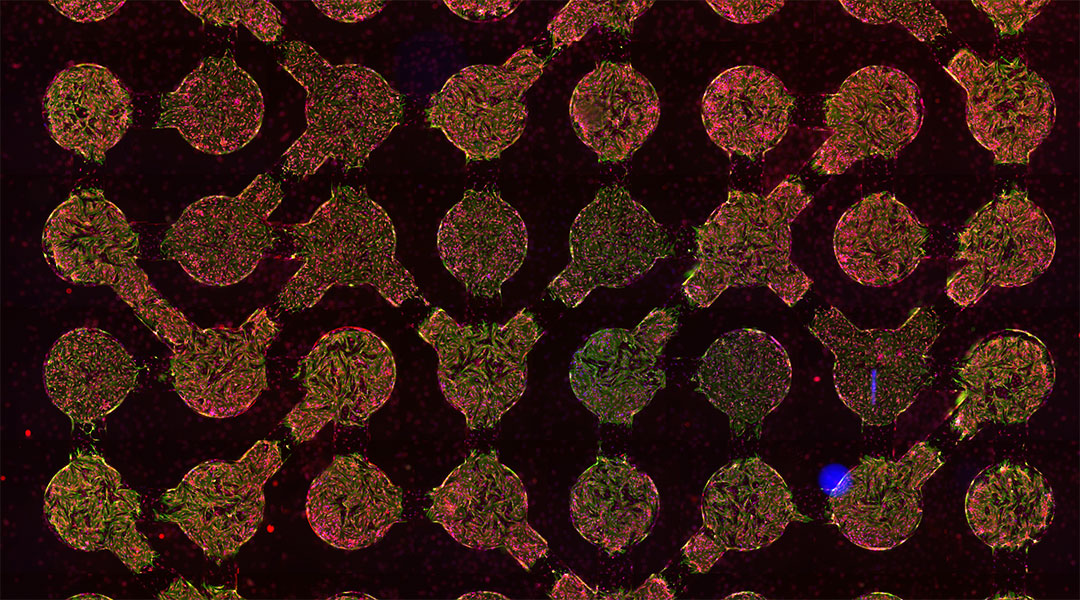
A biocomputer built from connected heart cells solves computational problems with high accuracy and at a low computational cost.
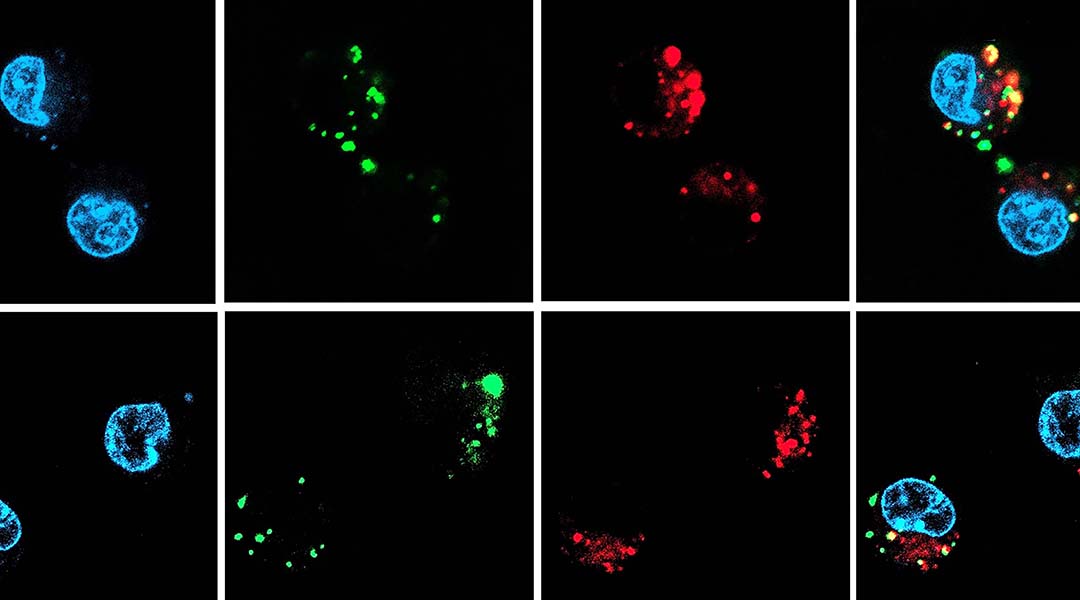
Drugs based on nucleic acids are easily degradable and tough to deliver, but a way around this is to coat them in protective carrier.

Splitting water with light via photocatalysis to create hydrogen could help reach net zero emission goals if the process can be scaled up.
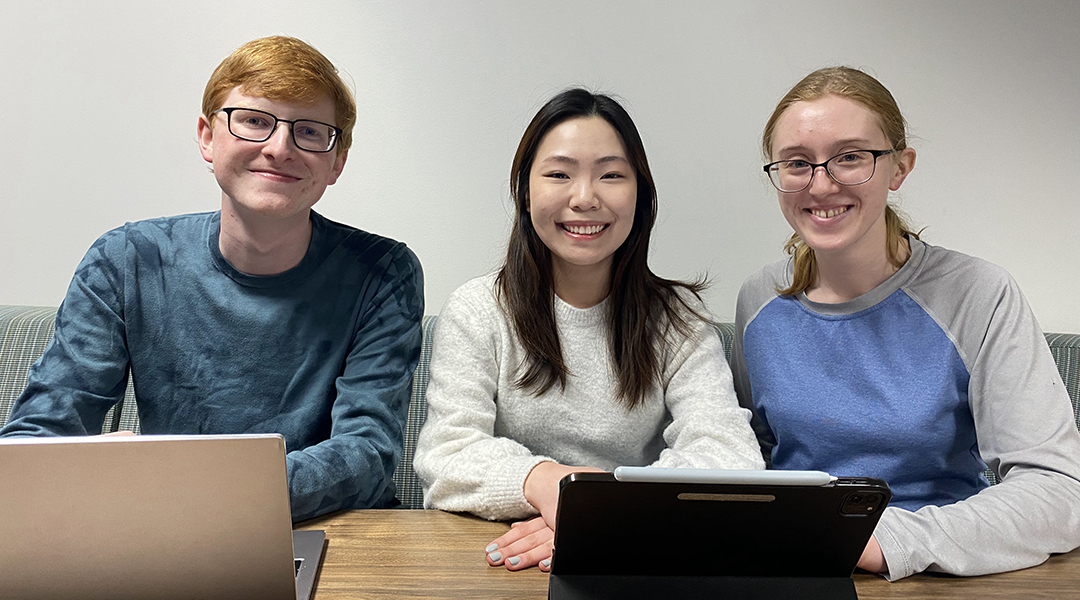
Students at Rutgers University have set up a scientific journal that exclusively features undergraduate research papers.

The sulfate-free movement in beauty products has been gaining popularity, but this isn’t based in science, say experts.
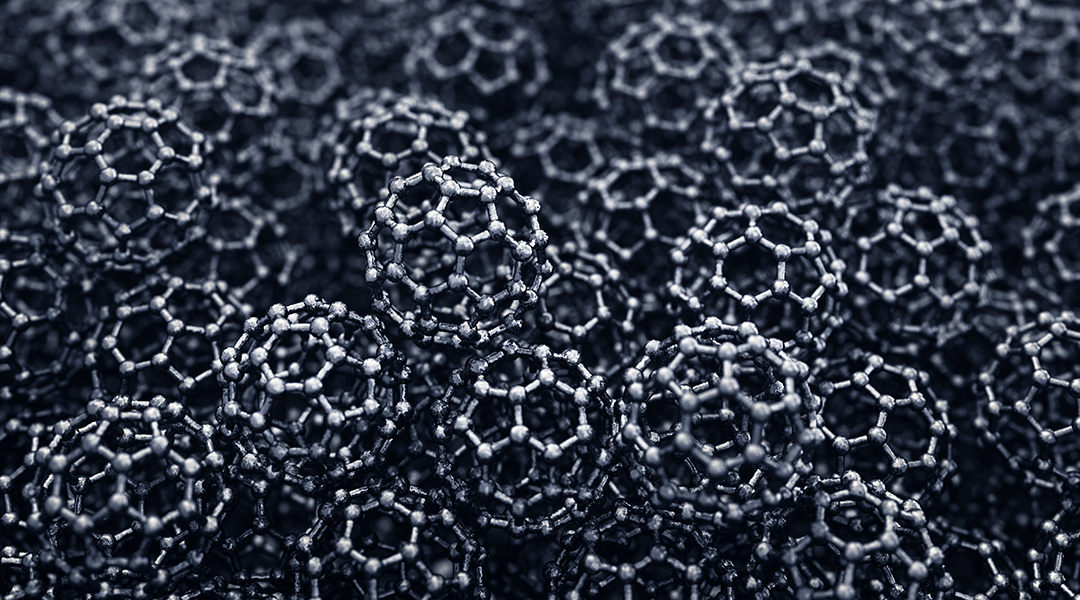
Scientists are investigating how fullerene nanomaterials can be used as antivirals against different variants of SARS-CoV-2 and other viruses.